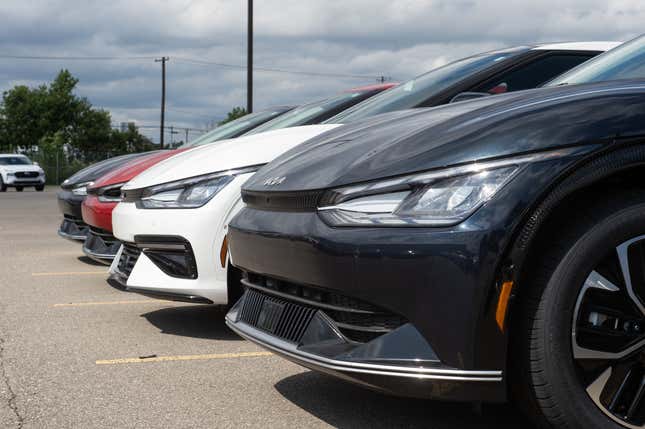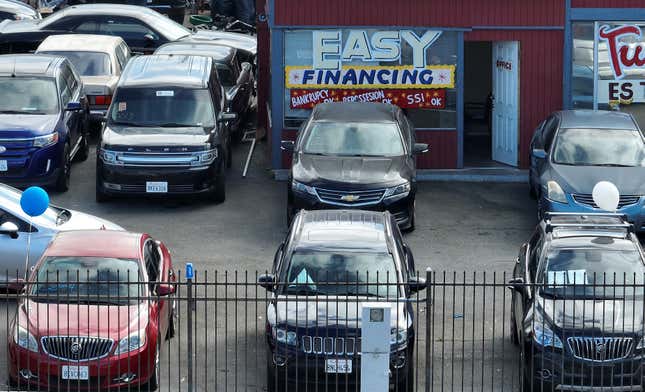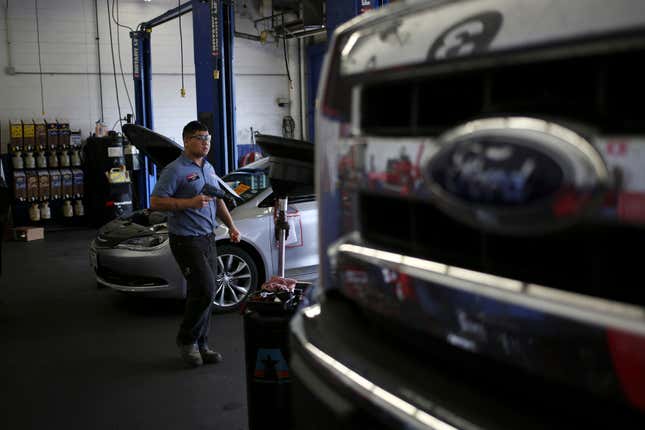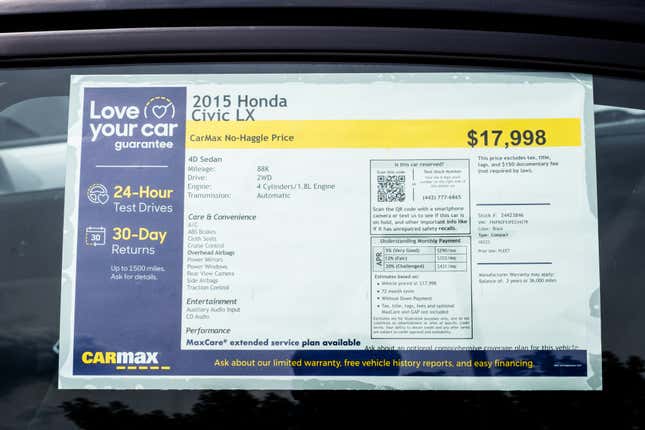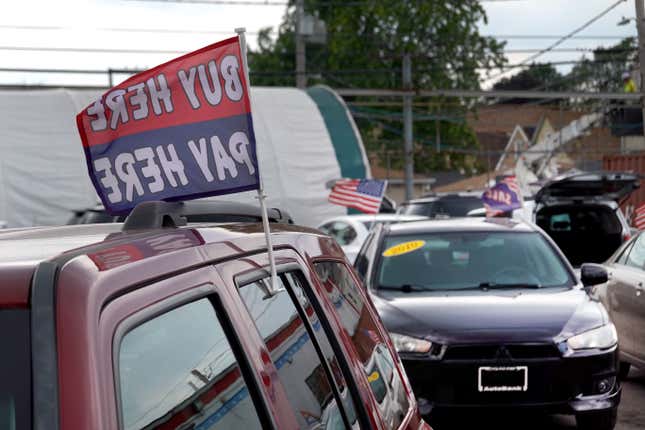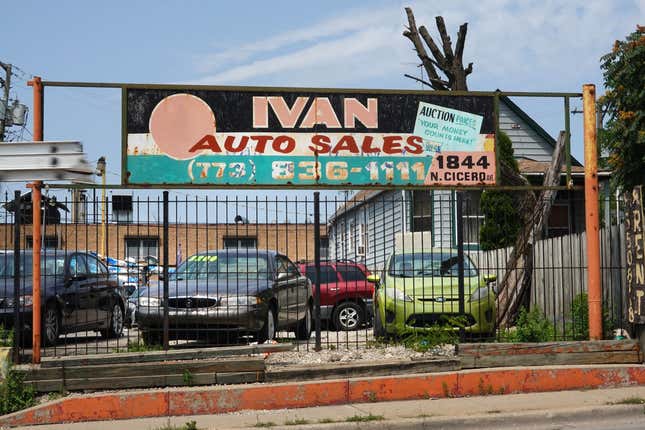
The pre-owned car market is still in a weird place. Some segments like electric vehicles have some hefty savings, but most pre-owned cars are still selling for inflated prices. If you happen to come across a used car that seems too good to be true, make sure the dealer can answer these questions.
Often when I search for used cars I am not just shopping the car, I am shopping the dealer. What that means is that certain stores are far more likely to be professional and cooperative with the process, while other dealers will pull out the stereotypical dealer playbook.
If you want to filter out the good dealers from the bad ones, ask these five questions.
